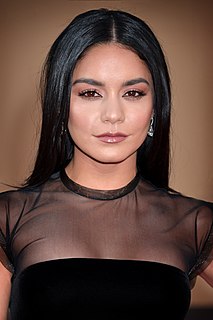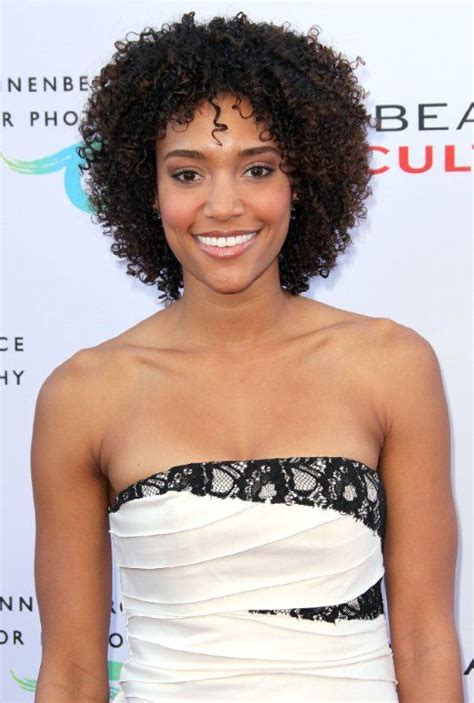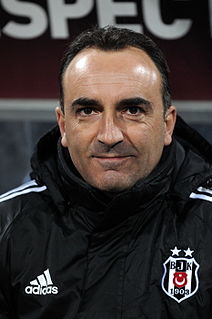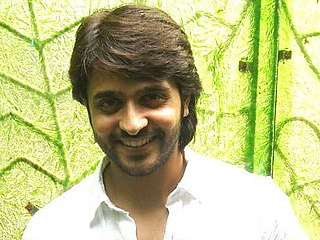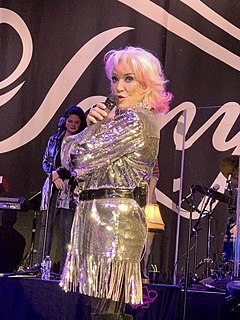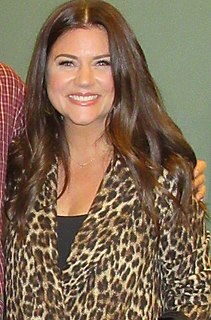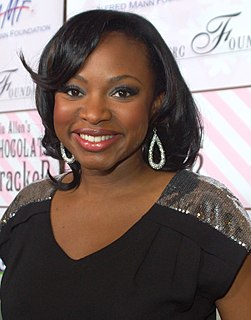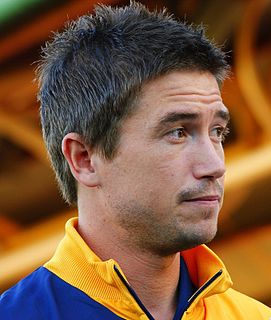A Quote by Paul Heyman
I haven't wanted to portray a manager since Paul E. Dangerously was with the Samoan Swat Team in 1989. I've always wanted to do some different presentation in that role. I don't consider myself a manager - I'm an advocate, and I truly believe that that is the description for the role that I play.
Related Quotes
My dad was always my manager as far as I was concerned, even when I had another manager. At times he let me go with someone else who he thought could take me to another level when he couldn't, and he was right. But they were in it for another reason. He was in it because he wanted to see me succeed no matter what, and he made decisions based on being a dad as opposed to a manager.

